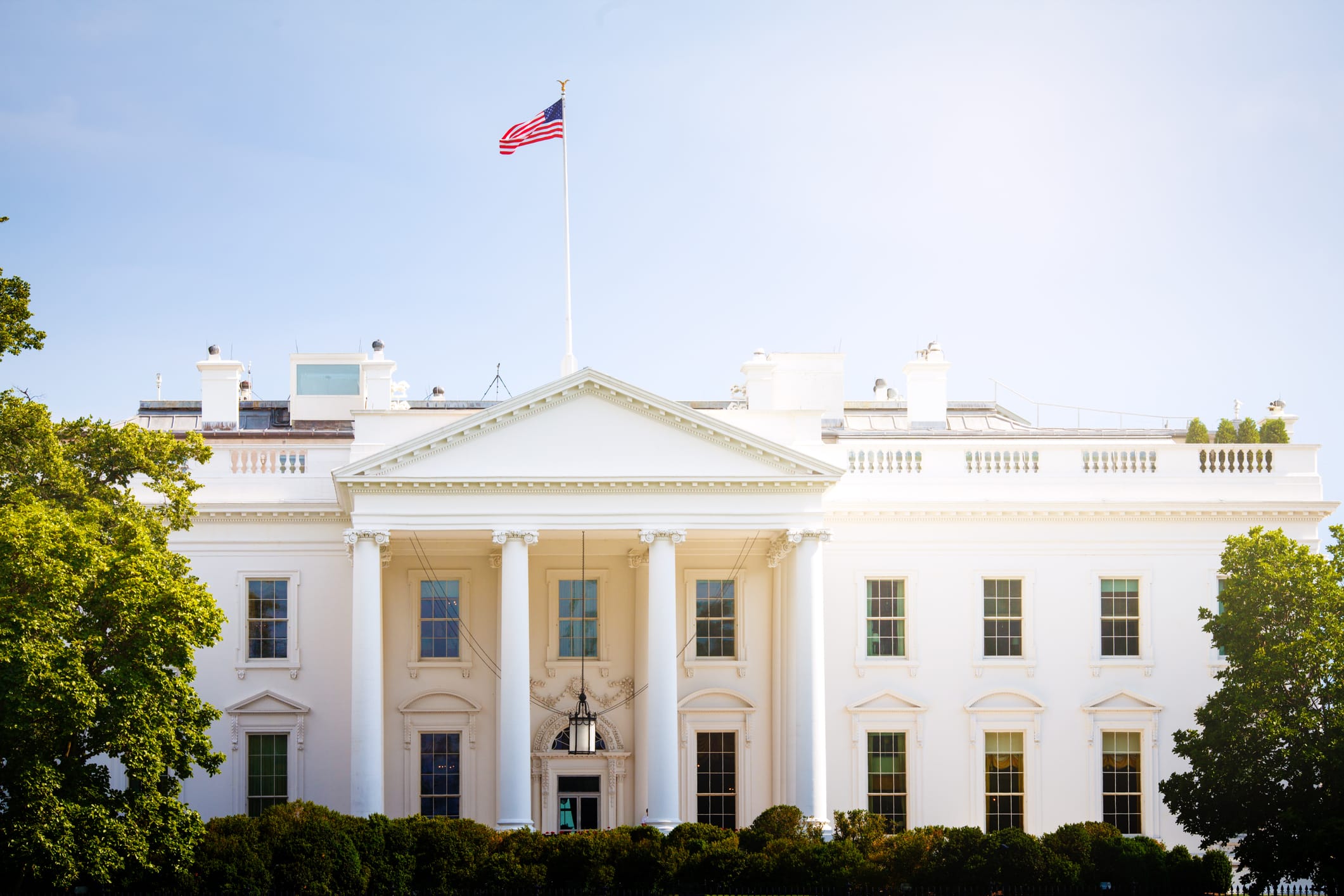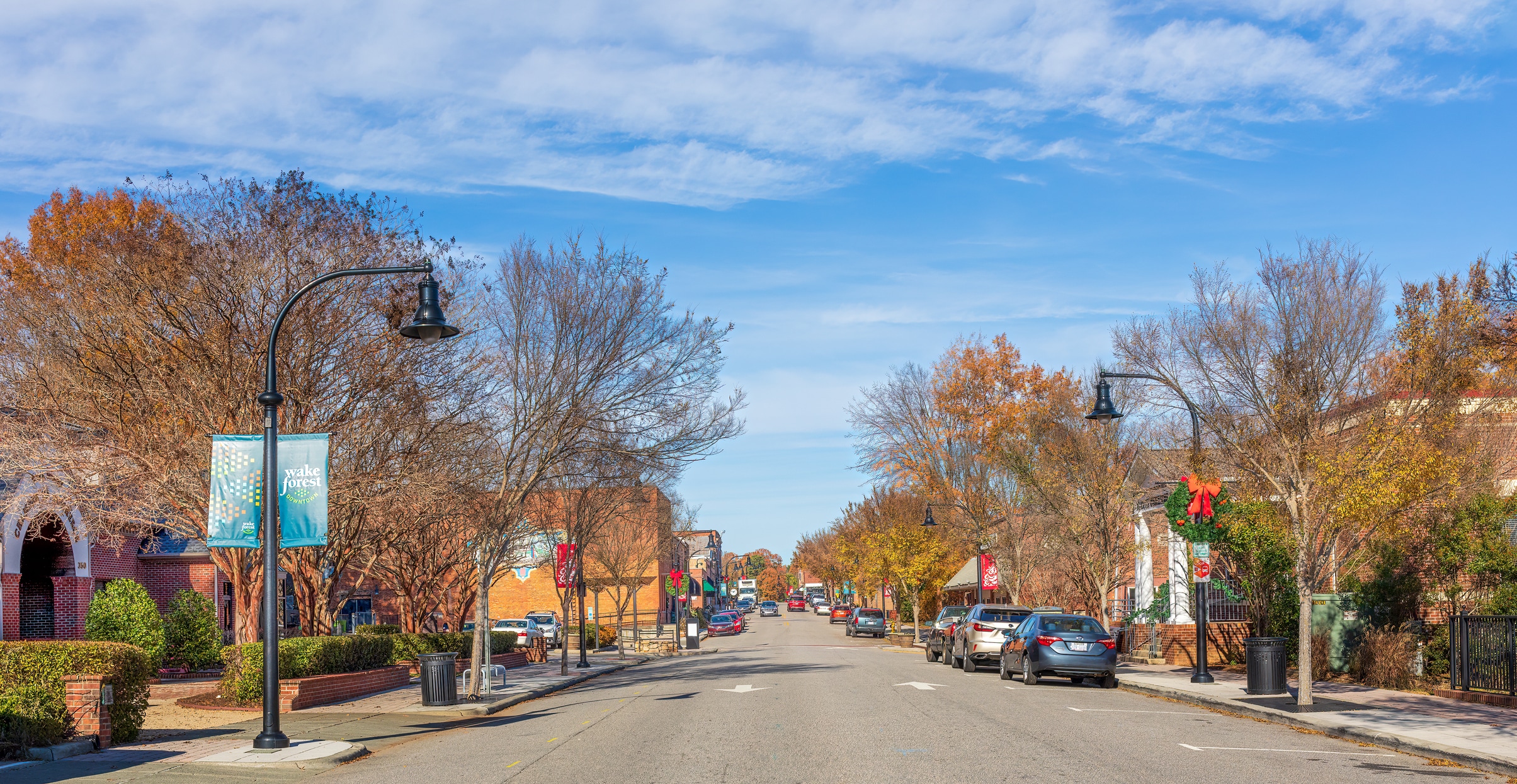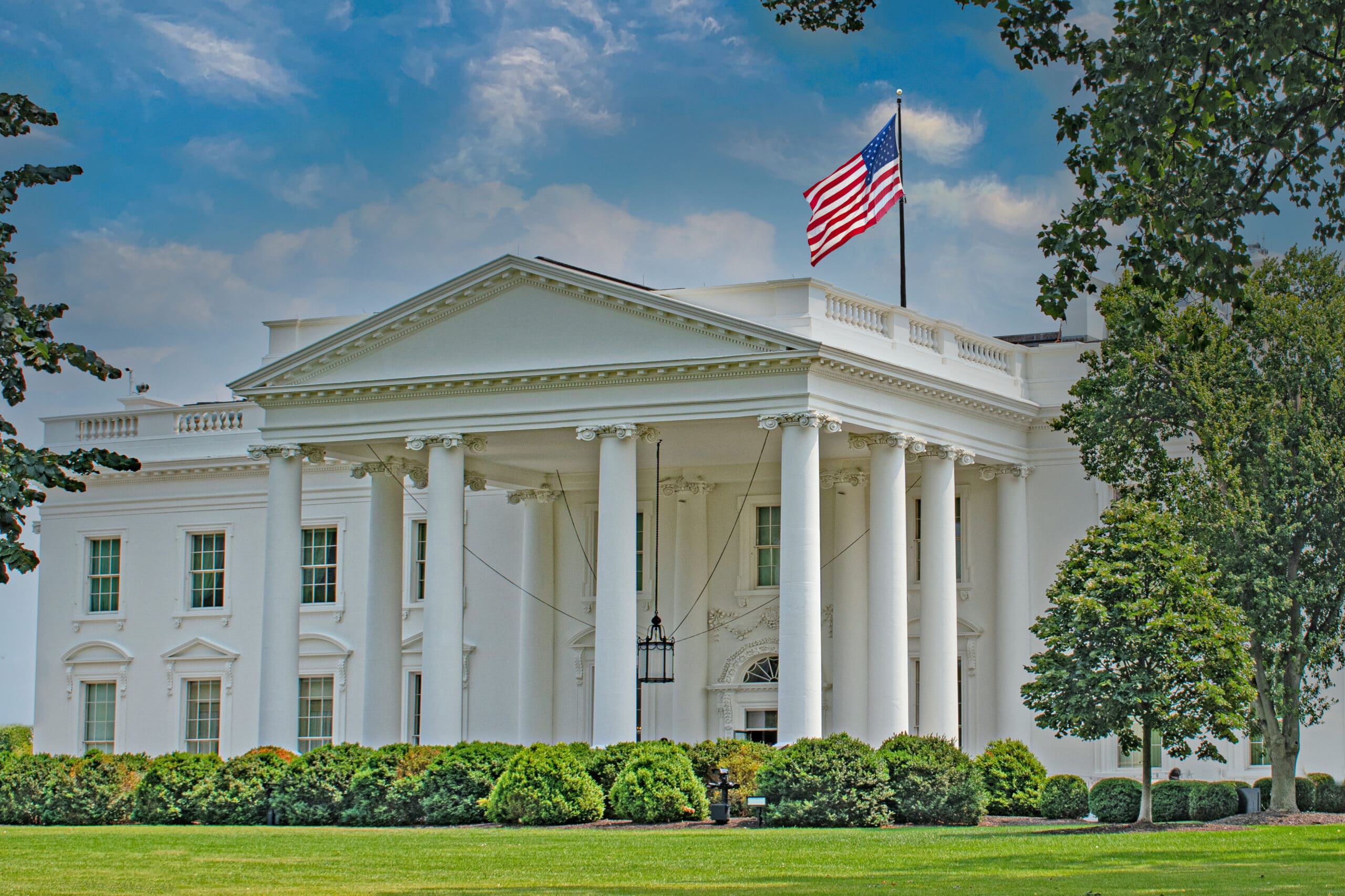Plurality of Voters Remain Undecided
A new Emerson College Polling/WREG-TV News Channel 3 survey of likely mayoral voters in Memphis, Tennessee finds splintered support in a crowded 17-candidate field. Former Memphis Mayor Willie Herenton leads with (16%), followed by Paul Young with 14%, and Floyd Bonner and Joe Brown with 10% respectively. Van Turner trails with 7%, followed by JW Gibson at 5%. A plurality, 26%, of voters are undecided.
Michelle McKissack earned 3% of voter support. Two percent (2%) of voters support Tekeva Shaw, followed by Jennings Bernard, Kendra Calico, James Harvey, Brandon Price, Carnita Atwater, Karen Camper, and Reggie Hall, all of whom received 1% of voter support.
“With less than two months remaining until election day, this race is within the poll’s margin of error, and has the potential to shift upon the direction of the 26% of undecided voters,” Spencer Kimball, Executive Director of Emerson College Polling, said. “Herenton has a base of support among Black voters and those without a college degree, but Brown is chipping away at that support by attracting younger black voters. Young’s support is higher among Memphis’ white population – and he has support among middle-aged voters.”
- Herenton’s base is among Black voters: a quarter (25%) of whom support him for Mayor, while 11% support Brown. Twenty-five percent of Black voters are undecided.
- Herenton’s support is also eight points higher among women than male voters, 20% to 12%.
- Paul Young’s support is stronger among white voters, 23% support Young, while 18% support Bonner. In addition, 25% of those between 50-64 support Young for Mayor.
- Herenton (18%) and Young (16%) are the top choices among Democrats in Memphis; Republicans are more consolidated, with a quarter (25%) supporting Floyd Bonner.
- Van Turner has his highest support among Memphis voters over 65, with 16% support, though he trails Herenton and Bonner who receive 18% support among this group respectively.
- Joe Brown’s base is among men: 16% of whom support him for Mayor compared to 5% of women. Brown’s support is higher among young voters – and decreases with age.
- JW Gibson performs his strongest with voters over the age of 65, with 9% support.
When undecided voters are asked which candidate they are leaning toward at this time, Herenton’s support increases to 19%, Bonner and Young at 16%, Brown to 14%, and Turner, and Gibson to 8% respectively.
VOTERS THINK MEMPHIS IS ON THE WRONG TRACK, NEXT MAYOR SHOULD FOCUS ON CRIME
About 69% of Memphis voters think their city is on the wrong track, while about 30% think it is headed in the right direction. At the state level, 66% of voters think Tennessee is on the wrong track, while 34% think the state is headed in the right direction. At the federal level, 44% of Memphis voters approve of the job President Joe Biden is doing in office, while 32% disapprove of the job Biden is doing. Twenty-four percent (24%) of Memphis voters are neutral on Biden’s job performance.
A majority of Memphis voters (66%) think the top priority of the next Mayor of Memphis should be reducing crime, while 18% think they should focus on economic development and job creation, 14% think affordable housing should be the focus, while 3% say something else.
Voters were asked to, in their own words, indicate what the best way to reduce crime in Memphis is. Based on these responses, eleven categories were formed. The most frequent solution offered by respondents was increasing police presence, by 21%, followed by enforcing laws and sentences for crimes at 19%, and addressing gun violence at 14%. The next frequented area of response was addressing poverty through jobs and affordable housing, named by 12% of respondents. Nine percent (9%) suggested increasing activities and education opportunities for those under 18. Other areas included community engagement (4%), a curfew (4%), putting responsibility on parents for kids’ crime (3%), and replacing public officials (3%).
When asked to rate the chance of being the victim of a violent crime in Memphis, 70% say they are somewhat likely (41%) or very likely (29%) to be the victim of a violent crime, while 30% think they are somewhat unlikely (23%) or very unlikely (7%) to be victim of a violent crime.
Forty-six percent (46%) of respondents have themselves been a victim of a violent crime, or a close friend or family member that has been victim of a violent crime in Memphis, while 49% have not.
Sixty-four percent (64%) of respondents have, or have a close friend or family member that has been a victim of a car break-in in Memphis, while a third (33%) have not had this experience.
A plurality of likely Mayoral voters (42%) think the next Mayor of Memphis should replace Police Chief CJ Davis, while 28% think the next Mayor should retain her, and 30% are unsure or have no opinion.
Fifty-four percent (54%) of Memphis likely Mayoral voters think Memphis Light Gas and Water (MLGW) is not making necessary changes to provide reliable service to its customers, while 27% think it is, and 18% are unsure.
Half of voters (50%) think taxes are too high in Memphis, 46% think they are about right, and 5% say they are too low.
Voters are split regarding Memphis’ preparedness to take advantage of opportunities brought by Ford’s BlueOval city project in nearby Haywood County: 36% think Memphis is not prepared, 28% think Memphis is prepared, and 37% are unsure if the city is prepared to take advantage of the project’s opportunities.
METHODOLOGY
The Emerson College Polling/WREG-TV News Channel 3 Memphis survey was conducted August 11-13, 2023. The sample of somewhat and very likely voters, n=600, has a credibility interval, similar to a poll’s margin of error (MOE), of +/- 3.9 percentage points. The data sets were weighted by gender, education, age, and party registration based on 2023 registration modeling. Modeling is based on U.S. Census parameters and Tennessee voter registration and election data.
It is important to remember that subsets based on demographics, such as gender, age, education, and race/ethnicity, carry with them higher credibility intervals, as the sample size is reduced. Survey results should be understood within the poll’s range of scores, and understand with a confidence interval of 95% a poll will fall outside the range of scores 1 in 20 times.
Data was collected by contacting an online panel of voters, and cellphones via SMS-to-web, and a consumer list of emails.
All questions asked in this survey with exact wording, along with full results and cross tabulations can be found under “Full Results.” This survey was funded by Nexstar Media.







